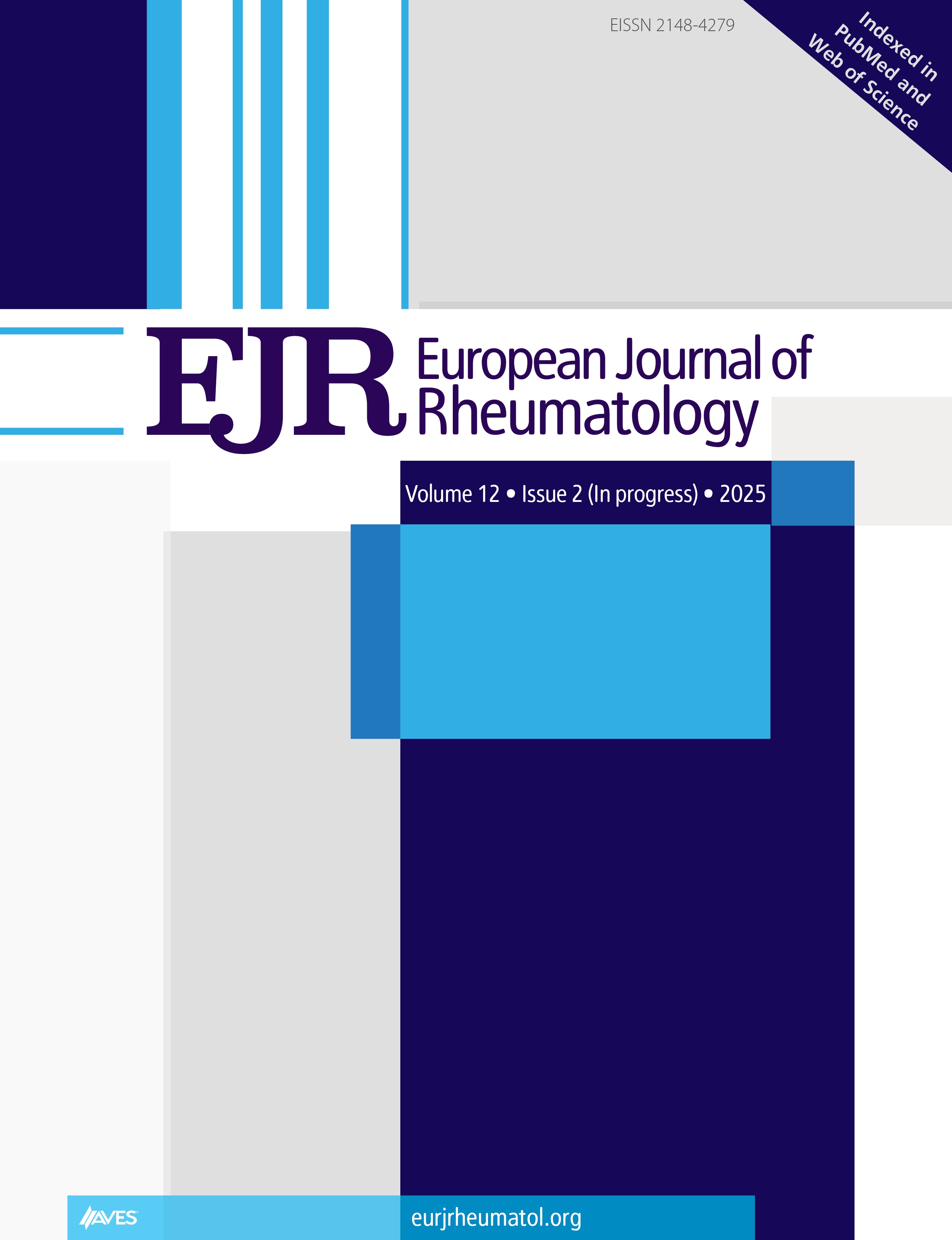Objective: In the familial Mediterranean fever (FMF) clinic, arthritis is among the most common symptoms, and it generally responds well to colchicine treatment. However, cases of patients with chronic prolonged colchicine-resistant arthritis have been reported, and there are inadequate studies on the treatments to be used for such patients.
Methods: This study included 18 patients diagnosed with FMF who had colchicine-resistant chronic arthritis and received anti-interleukin (IL)-1 treatment for at least 1 year. The clinical and laboratory data of the patients were retrospectively retrieved from the database of our hospital.
Results: Remission was achieved in arthritis attacks in 16 of 18 patients who started anti-IL-1 therapy because of colchicine-resistant chronic arthritis. The clinical and laboratory values of the other 2 patients improved, but complete remission could not be achieved. The treatment dose of colchicine was reduced with anti-IL-1 therapy. In addition to the improvement in arthritis symptoms, remission was achieved in other clinical findings of FMF by anti-IL-1 therapy. In this study, with an average follow-up time of 33 months, no adverse effects requiring discontinuation were observed in any patient.
Conclusion: Anti-IL-1 therapy is effective and reliable in the treatment of colchicine-resistant chronic FMF arthritis. The efficacy of anti-IL-1 therapy was realized without concomitant disease-modifying antirheumatic drug therapy, despite the reduction in colchicine dose.
Cite this article as: Kehribar DY, Özgen M. Efficacy of anti-interleukin-1 treatment in colchicine-resistant arthritis in patients with familial Mediterranean fever. Eur J Rheumatol 2021; 8(1): 16-9.



.png)